Robert F. Kennedy Jr. suspended his presidential campaign in swing states on Friday and officially endorsed former president Donald Trump in the 2024 presidential election. Electorally, this was a potentially pivotal moment: RFK was pulling about 5 percent of the total electorate, according to the RealClear average, and an even higher percentage in some swing states. If Kennedy was right when he told Dr. Phil that 57 percent of his voters would go to Trump if he left the race, then his exit and endorsement could prove a significant boost to Trump. Since RFK Jr. and another former Democrat, Congresswoman Tulsi Gabbard, endorsed Trump, both have been added to the former president’s transition team.
Culturally, RFK Jr.’s embrace by the right signals a major step in the right direction on public — and personal — health. Before running for president, RFK won lawsuits that forced Monsanto to pay out billions in damages to Americans who got sick using their products as the company allegedly knew the chemicals in their pesticides were not safe. He hit Trump on one of his weakest policy areas from a conservative perspective, which was implementing lockdowns early on during the pandemic at the behest of public health officials. RFK has spoken about the potential dangers of seed oils, processed foods, Covid-19 vaccines, the glorification of obesity and anti-depressant medications. He has also warned about the influence of Big Pharma on healthcare in America, particularly their financial control over the Food and Drug Administration, the revolving door of officials who move between government agencies and pharmaceutical companies and lobbying groups and the ability for drugs and medical procedures to be marketed directly to Americans. When I had the opportunity to interview RFK two days after the presidential debate between Trump and Biden, he told me that he wanted to establish wellness farms where people struggling with mental illness can go for different kinds of therapies so they can avoid SSRIs.
These ideas and the policies associated with them have been wrapped up into the convenient label “Make America Healthy Again.” RFK says Trump is on board with his vision for American health and wants to help him end “chronic disease.”
It is a pretty big deal for a major two-party presidential candidate to signal that they are aware of, and care about, these issues. The idea that the American food and drug system is making us less healthy is one that used to be relegated to the “crunchy” left but has gained recent prominence on the new and online right. There are numerous influencers who became popular talking about what men can do to keep their testosterone levels high, how to combat the male despair and loneliness crisis (some research suggests men are better off eschewing talk therapy in favor of physical exercise or other goal-oriented activities) and how to become more productive. Conservative women are latching on to ways to get their bodies ready for pregnancy, how to keep their families nutritionally healthy, the most effective parenting methods, natural remedies for illness and the dangers of hormonal birth control.
Alex Clark, who hosts a podcast through Turning Point USA, recently announced she is rebranding her content to focus on health and wellness for a female audience. Her show The Spillover previously featured interviews with a range of guests like Hollywood insiders, former FBI agents, homeschooling moms, religious experts, political consultants and more but, based on the desires of her audience, will now have a more narrow focus.
“I’ve been saying for over a year and a half that health and wellness issues are a TOP interest of conservative female voters,” Clark said on X. “The numbers don’t lie for me. This is what suburban conservative women are obsessed with. This is important to them. And me. They are worried about their children’s futures being burdened with chronic disease.”
She added, “The left should be VERY threatened by this RFK Jr. and Trump pairing. I absolutely believe this could be the sole reason Trump clinches the election.”
A lot of these topics would have been considered controversial or conspiratorial just a few years ago, but I think there are two main reasons why it is quickly becoming mainstream to be “crunchy.” One: the complete lack of scientific curiosity during the Covid pandemic made it very clear that the public health establishment does not have the best interest of the American people at heart. They ignored scientific evidence to implement sweeping lockdowns that led to numerous deaths of despair, kept kids out of school, damaging an entire generation of children educationally and socially, probably for life, and ignored real concerns about harms from the Covid-19 vaccine. Two: we look around us every single day and see that our country is not healthy. Nearly 40 percent of Americans are obese and about the same percentage have multiple chronic conditions. Clearly whatever we are doing is not working!
Kennedy and his running mate, Nicole Shanahan, admittedly have some wacky views. Kennedy has been branded a conspiracy theorist for years because of his comments on chemtrails, an unproven link between vaccines and autism and 9/11. Trump risks bringing that baggage along with him on the campaign. But in the context of a public health establishment that has also proven itself untrustworthy, is it that insane to take the good from RFK and leave the rest? He can be right about corn syrup and wrong about chemtrails, after all.
“One need not cosign everything RFK Jr. has ever said about the virus or vaccines to admit that the mainstream purveyors of pandemic-related information made grave errors of scientific judgment,” my Rising colleague Robby Soave wrote last year. “If leading Democratic politicians, government health experts, and mainstream media reporters engaged in some self-reflection about their own role in pandemic-era authoritarianism, they might better understand the appeal of a candidate who is running on an explicit platform of never repeating such mistakes.”
Democrats and Big Tech companies are more interested in censoring Kennedy rather than actually grappling with why his ideas are so popular. Facebook said it was a mistake to pull down a thirty-minute ad that he posted earlier this year. A Louisiana court just found he has standing to sue the Biden administration for coordinating with social media companies to pull down posts from his Children’s Health Defense charity, which critics argue is a racist, anti-vaccine group (the truth is a bit more nuanced; RFK mostly criticizes the childhood vaccine schedule and asks for more research on the topic, rather than rejecting all childhood vaccines).
Censors behaving this way risks pushing people to adopt all of Kennedy’s ideas, mostly as a middle-finger to the establishment, rather than encouraging people to think critically about the various things that he says. It certainly doesn’t help when a day after RFK is announced as a member of the Trump transition team, TIME runs an article asking, “What if Ultra-Processed Foods Aren’t As Bad As You Think?”
At the very least, Kennedy is asking hard questions about health in America, something the medical establishment seemingly stopped doing a long time ago. I recently got my hands on an advanced copy of Marty Makary’s new book Blind Spots (pre-order here) and it was disturbing how many medical conditions in the US got worse because of doctors’ interventions, mostly thanks to bad science and an unwillingness to challenge the status quo. For example, parents were told for decades to avoid giving their kids peanut products in the first three years of their life, which actually causes allergy rates to skyrocket (early exposure is a great way, it turns out, to build up an immune tolerance).
Brain worms and Central Park bear prank aside (hey, the Kennedys have done far worse things with dead bodies), it is hard for me not to view Kennedy’s involvement in the conservative movement as a net positive.



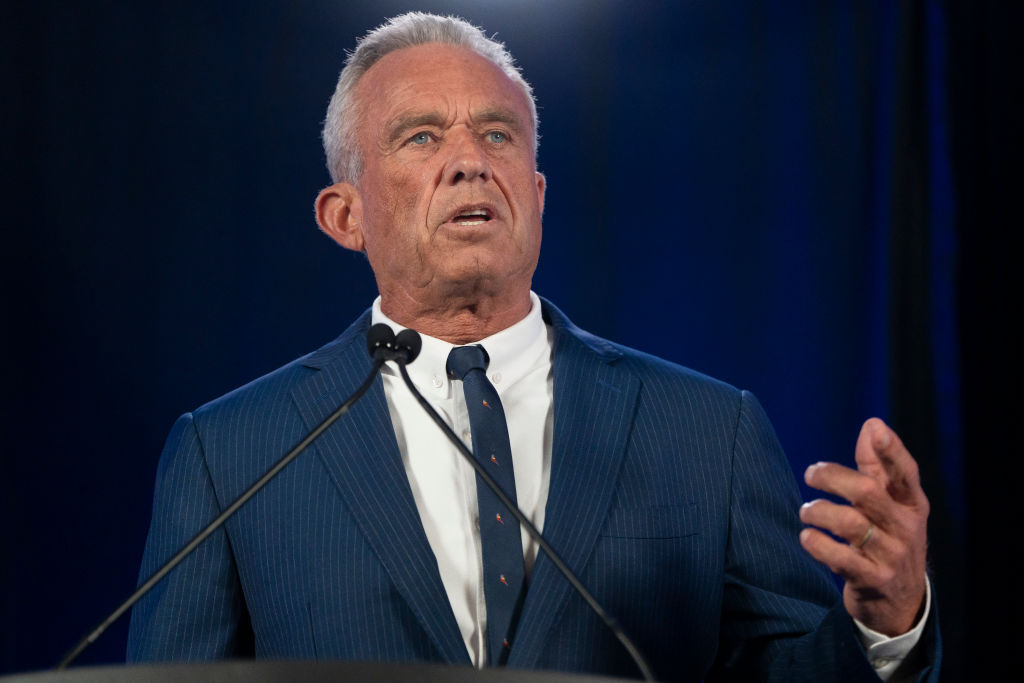






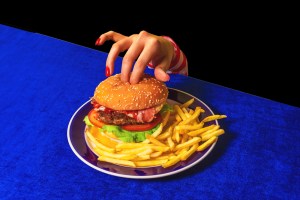
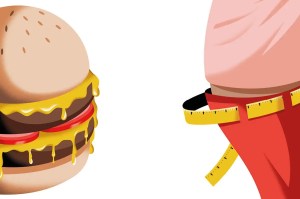



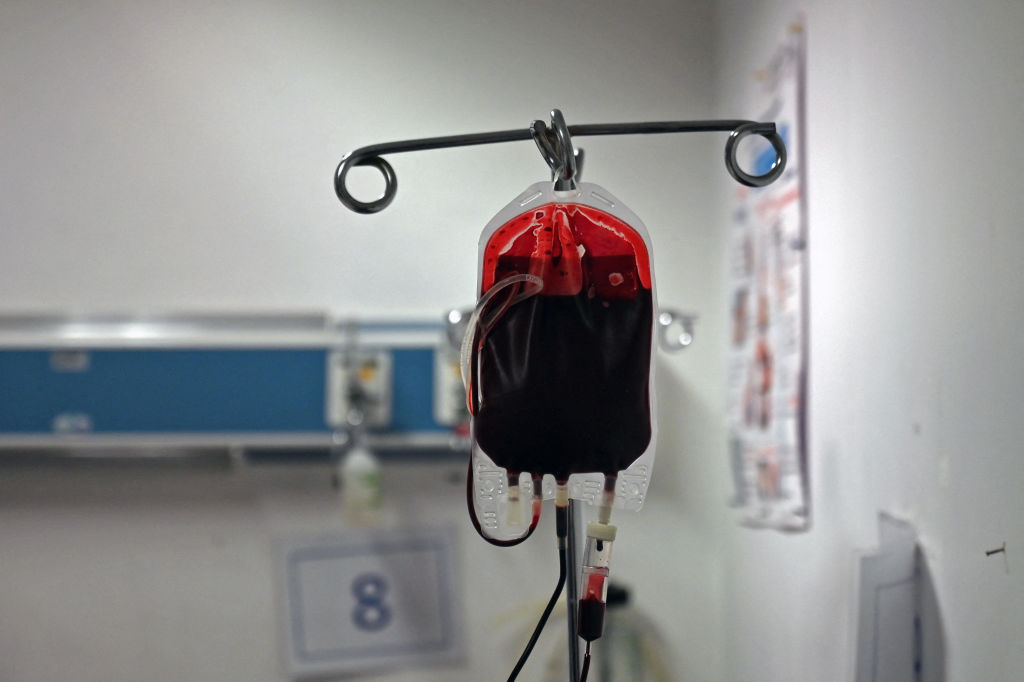
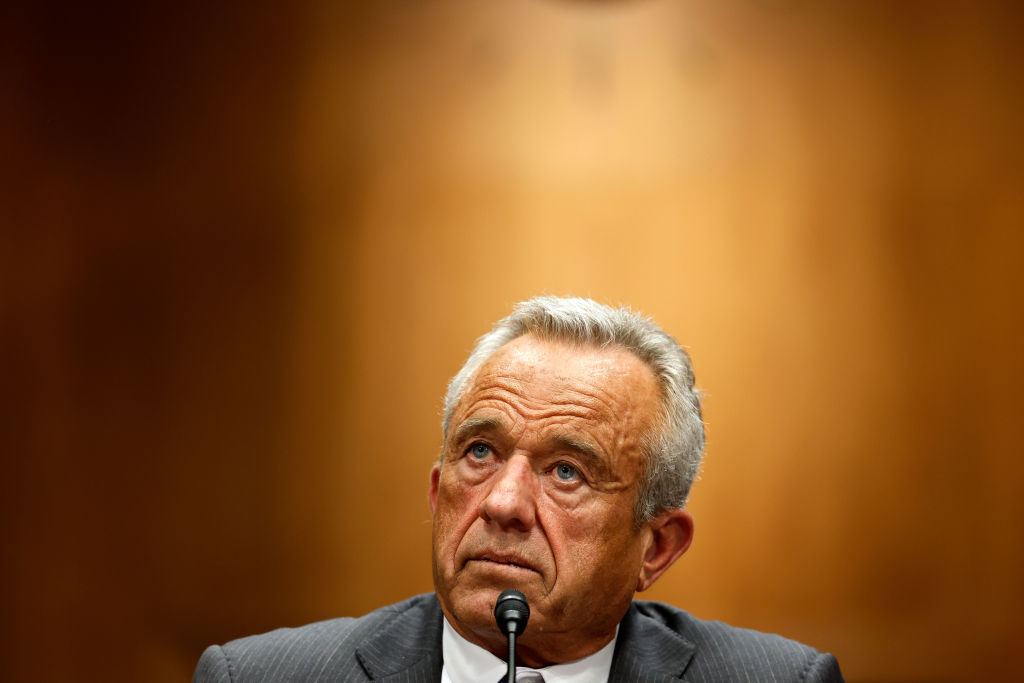
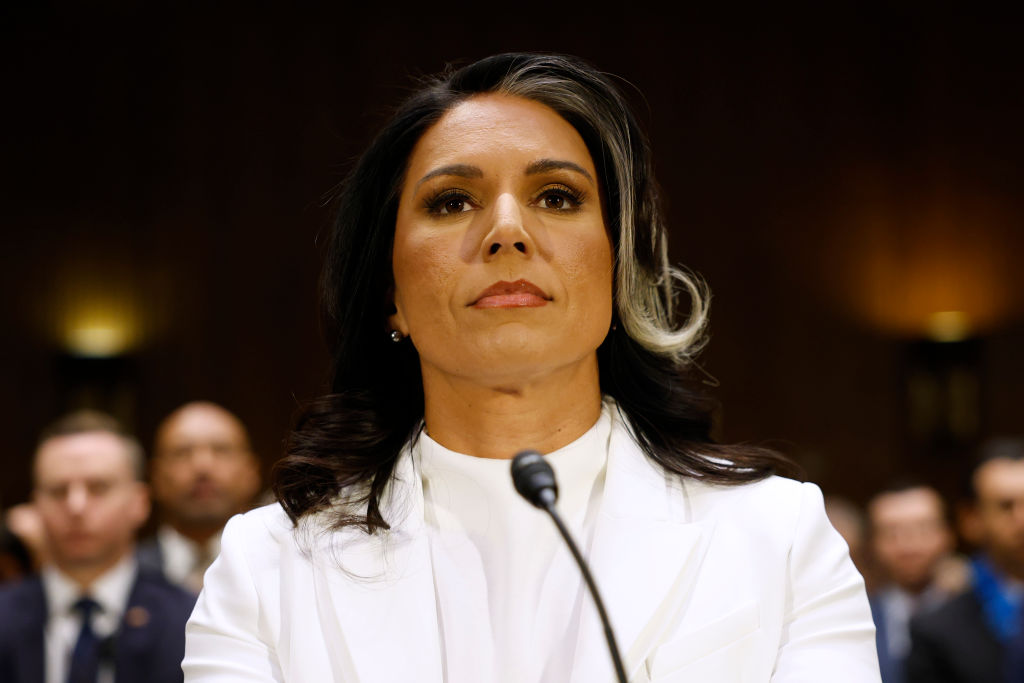
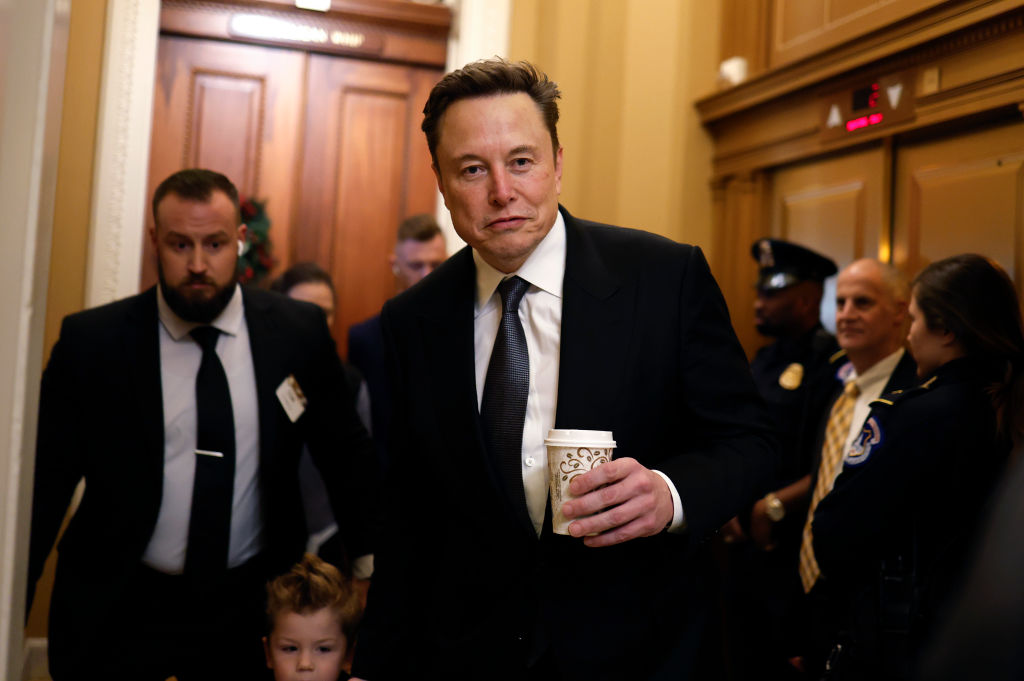







Leave a Reply